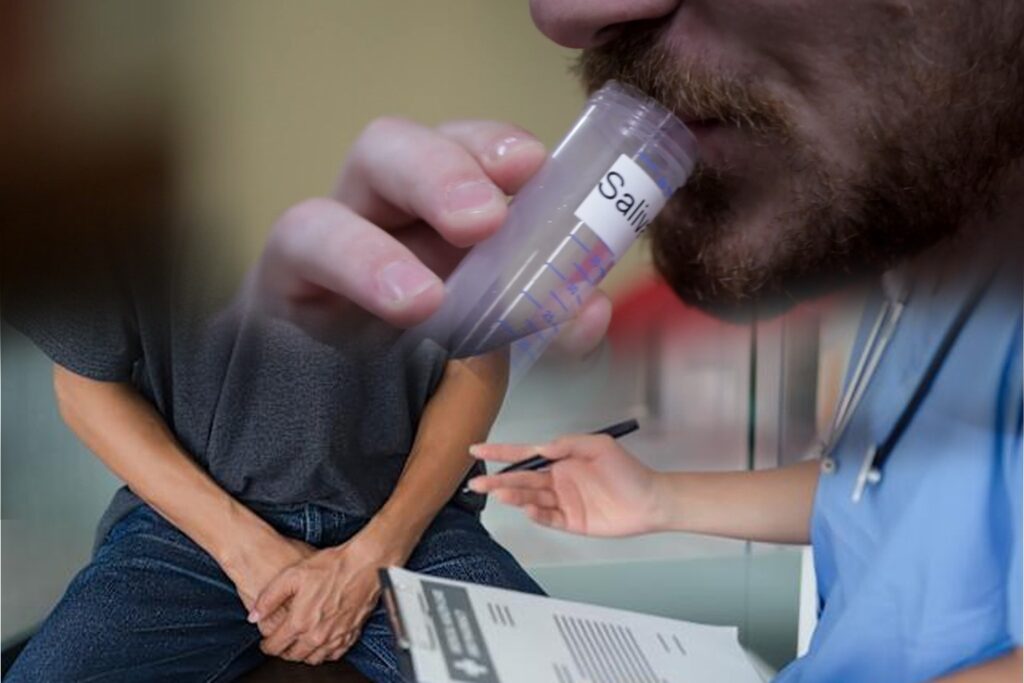
A saliva test can be better at predicting prostate cancer risk in men than the current hospital tests, a new UK study shows.
The test does not look for signs of prostate cancer inside the body. It assesses 130 genetic variants to provide a risk score for prostate cancer, which globally claims the lives of 400,000 men every year.
Also Read | Is Your Prostate Enlarged? 8 Essential Facts You Should Know
The study, published in the New England Journal of Medicine, calculated what’s called a polygenic risk score of more than 6,000 men in the UK. A polygenic risk score (PRS) estimates a person’s likelihood of developing a disease by analyzing unique DNA variations alongside factors like age and gender
For the study, researchers took saliva samples from about 6,400 UK men in their 50s and 60s and used DNA samples to calculate their prostate cancer risk. An additional set of tests was carried out for men with highest risk scores, post which 40 per cent of them were diagnosed with prostate cancer.
“With this test, it could be possible to turn the tide on prostate cancer. We can identify men at risk of aggressive cancers who need further tests and spare the men who are at lower risk from unnecessary treatments,” said Prof Ros Eeles, from the Institute of Cancer Research, London.
Also Read | The Greatest Foods for a Healthy Prostate to Improve Prostate Health
The test proved to be a stronger predictor of aggressive prostate cancer than the standard NHS blood test, which detects levels of prostate-specific antigen (PSA). The PSA tests may produce false positives in few cases and can detect slow-growing cancers that may never become life-threatening. As a result, men may undergo unnecessary further tests that can increase the risk of additional health issues.
While the initial results look promising, there are several caveats which would limit the study’s impact. The reserachers say there are questions around cost-effectiveness, potential harms and the best time to analyse the risk. They also have to check if the test works with people from other backgrounds.








